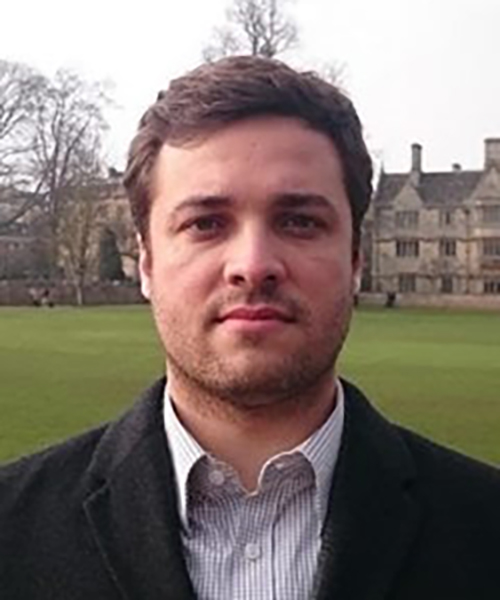Rodrigo Vitorino Souza Alves led an intensive series of events and dialogue during Brazil’s presidency of the G20, which extended from December 2023 to November 2024. His goal was to engage Brazil’s complex religious and interreligious institutions in the broader G20 process and to link it to the global G20 Interfaith Forum, where Katherine Marshall was part of the leadership. In the context of South Africa’s 2025 presidency, Rodrigo and Katherine reflected on some lessons we might glean from such a global venture, seen from a national perspective.
1. Translating the Ideal of a Multistakeholder Approach into Practice: It was and is essential to see and act on the remarkable array of religious communities across Brazil: their leadership, interfaith organizations, and academics, as well as various government entities, civil society organizations, and the business sector that are involved in the issues at hand. It was essential to take a deliberate if practical approach to collaboration with these diverse actors throughout the year. Looking specifically to the G20 process, this also called for deliberate efforts to link this national outreach to the broader efforts that involved the G20 community, with its multiple stakeholders. Meetings with diverse participation, use of webinars, and events focused on specific topics were helpful; they were especially effective when they focused on specific topics like Brazil’s Afro descendent community, religious involvement in human trafficking, and local perspectives on the primordially global challenges facing the Amazon rainforest.
2. Working with Religious Pluralism: The Brazilian G20 interfaith process brought home in compelling ways the importance of understanding and acknowledging the diversity of religious groups, including both majority and minority communities, as well as hegemonic and vulnerable groups. Like the private sector, it is vital to appreciate the complex ecosystem and its dynamism. It may be challenging, if not impossible, to include all religious perspectives and denominations, but a sincere effort has to be made toward one essential goal: to diversify participation. This can help ensure that a broad range of perspectives are considered and avoid any tendency for the ideas and voice of any single community to dominate. With constant attention to diversity, polarized and contentious tendencies can be limited at the same time that different viewpoints are aired and heard.
3. Avoiding Instrumentalization: It was important in assuring a meaningful G20 Interfaith Forum that it not be co-opted by political, religious, moral, or personal interests. While religious, ethical, and political dimensions are inherent in efforts to influence the G20, the team had to work constantly to ensure that the process remain free from particular agendas if it was to preserve its legitimacy. The entire effort needed to remain true to its values of being non-partisan, non-religious, and non-militant, with a sharp focus on the common good.
4. Addressing Issues from Multiple Perspectives: An underlying if unspoken effort throughout was to ensure that discussions at various venues and forums (culminating in the August 2024 Interfaith Forum in Brasilia) consider issues from the various complex angles that this process involved: a local perspective (amplifying voices across Brazil on G20-related matters), global perspectives (tackling existential challenges faced by humanity), the G20 perspective (aligning with the main objectives of the Group of 20), and the G20 presidency perspective (framing discussions in alignment with the priorities set by the host country).
5. Maintaining Focus on a Select Set of Priorities Among the Myriad Issues Involved: It was essential, if challenging, to ensure that discussions were constantly oriented towards the specifics and timeframe of the 2024 G20 process, even as they were set in the far broader and continuing setting of interfaith work in Brazil and globally. It was thus essential to appreciate the broader G20 process and the G20 interfaith goal of highlighting how religious and interfaith communities were relevant to the global issues within the mandate of the G20. The guiding goal needs to be to influence and support aspects of the G20's agenda through the platform of the G20 Interfaith Forum. That means that we needed to align the framing of forum priorities with the G20’s evolving focus. This effort was exemplified in the G20 Social that took place on the eve of the G20 Leaders' Summit in November 2024, while the G20 Interfaith Forum, with strong Brazilian and international voices, reinforced the priority G20 2024 goal of ending hunger and brought into sharper focus the continuing G20 goal to end human trafficking and modern slavery.


